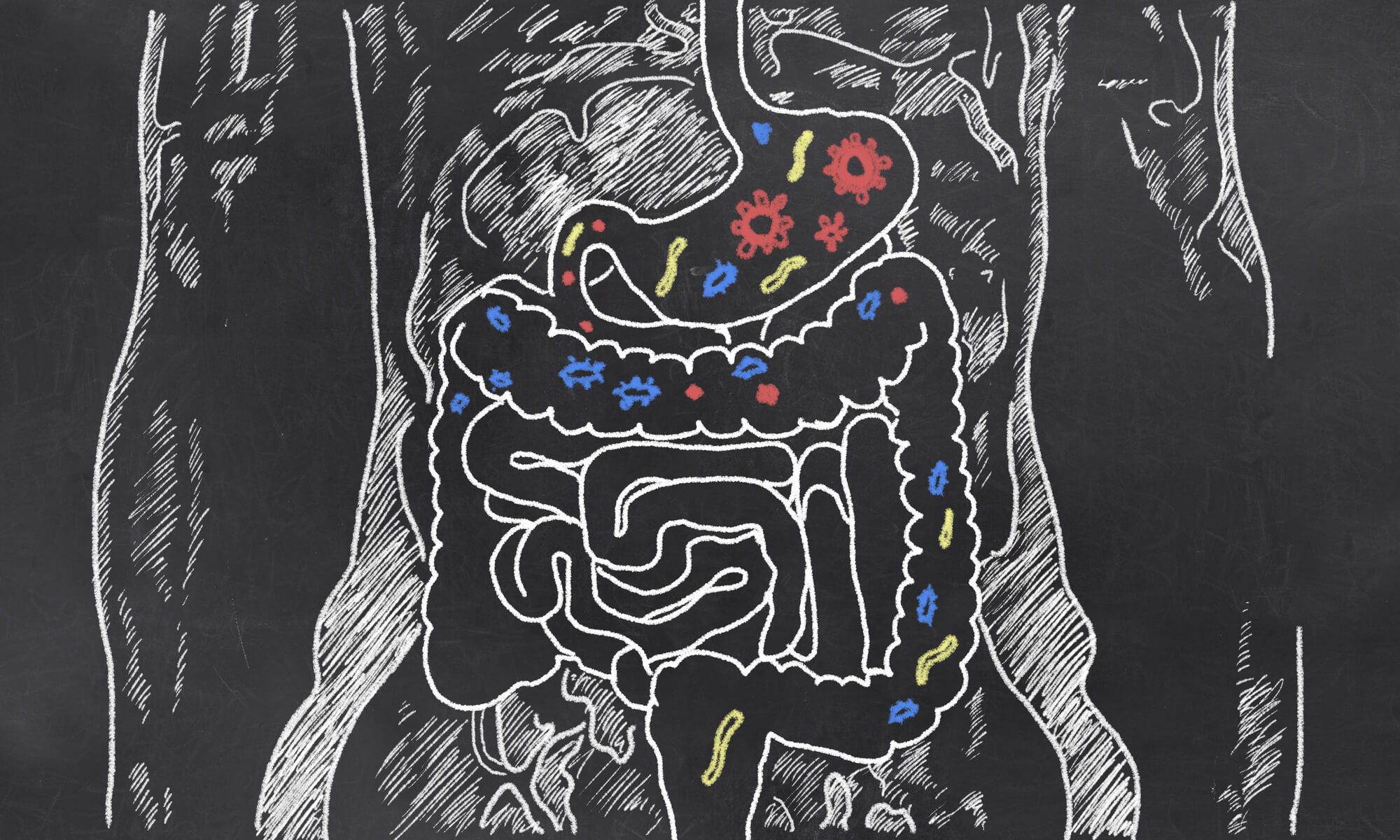For the first time: researchers have identified the proteins that cause intestinal diseases * The discovery will enable the creation of smart drugs that will neutralize the proteins and prevent disease, without using antibiotics
Researchers from Tel Aviv University have created an artificial intelligence platform that knows how to identify the specific proteins that allow bacteria to infect the intestines - a method that paves the way for the creation of smart drugs that will neutralize the proteins and prevent disease, without using antibiotics. Doctoral student Naama Wagner and Prof. Tal Popko, head of the Shemunis School of Biomedical Research and Cancer Research in the Faculty of Life Sciences and the new Center for Information Sciences at Tel Aviv University participated in the study, which was published in the journal Science. The international research partners were researchers from Imperial College (led by Prof. Ged Frankel) and the Cancer Research Institute in London, as well as researchers from the Technical University and the National Center for Biotechnology in Madrid.
Intestinal diseases are caused by pathogenic bacteria that attach to our intestinal cells. After attaching, the bacteria use a sort of molecular syringe to inject proteins called "effectors" into the intestinal cells. Those effectors work together to take over the healthy cell, like hackers who take over computer servers through a combination of lines of code, but until today scientists did not know what the combination of proteins is that cracks the cell's defense mechanisms. Now, the artificial intelligence platform of the researchers at Tel Aviv University has identified new effectors in the bacterium, which have been tested and proven experimentally. Later, in laboratory experiments conducted in London, protein combinations were successfully predicted that lead to the pathogenic bacteria taking over the intestines.
Artificial intelligence predicts impact on a variety of disease-causing bacteria
"In this study, we focused on a bacterium that causes intestinal diseases in mice, a relative of the bacterium E. coli that causes intestinal diseases in humans - so as not to work directly with the bacteria that are pathogenic to humans," explains doctoral student Naama Wagner: "The artificial intelligence we created knows how to predict effectors in a variety of disease-causing bacteria, including bacteria that attack economically important plants. Our calculations were made possible thanks to advanced machine learning tools, which made use of genomic information from a large number of bacteria. Our partners in England experimentally proved that our learning was extremely accurate and that the effectors we identified are indeed the bacteria's weapons."
"Pathogenic bacteria are treated with antibiotics," says Prof. Tal Popko. "But antibiotics kill a large number of bacterial species, and hopefully also the bacteria that cause the diseases. So antibiotics are not a rifle but a cannon. In addition, the overuse of antibiotics causes the development of antibiotic-resistant bacteria, a global problem that is getting worse. Understanding the molecular basis of the disease is a necessary step for the development of smarter drugs than antibiotics, which will not harm the bacterial populations in the intestines at all. This time we discovered the effectors of intestinal bacteria that attack rodents, but this is only the beginning and we are already working on discovering effectors in other bacteria in an attempt to better understand how they carry out their plan in the target cells they attack."
More of the topic in Hayadan:

